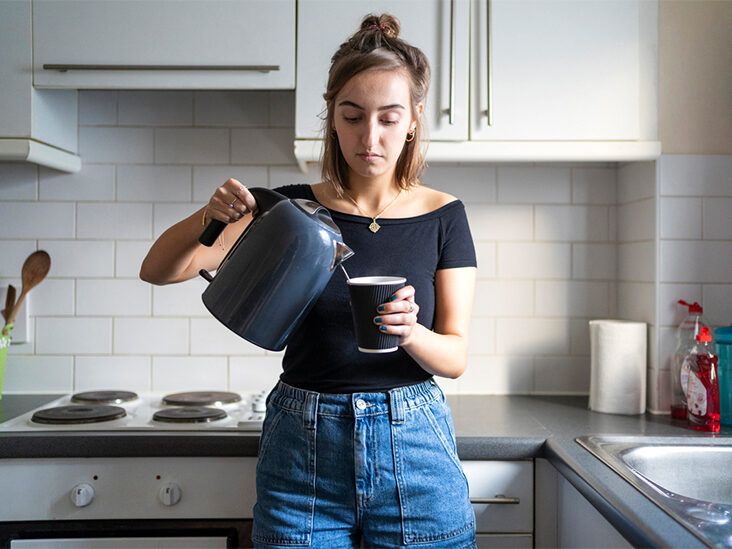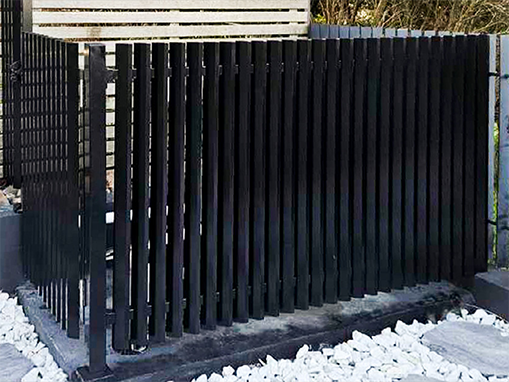Children in care suffering bedroom lockdowns as official restrictions on liberty triple
Children in care are being locked in their bedrooms and stripped of their phones, as official figures reveal that the use of Deprivation of Liberty orders have tripled in two years.
The orders are increasingly being used to detain children in homes when suitable accommodation can’t be found, Freedom of Information (FoI) figures have revealed.
Deprivation of Liberty Safeguards (DoLS) are regulations forming part of the Mental Capacity Act 2005, and they aim to ensure that people in care and hospitals are looked after in a way that does not inappropriately restrict their freedom.
DoLS ensure that people who cannot consent to their own care arrangements are protected if those arrangements deprive them of their liberty.
However, according to FoI data obtained by BBC News, the number of children in care in England and Wales who have restrictions placed on their freedom has tripled in the last two years.
The figures have sparked complaints from child protection campaigners that there is a “wilful neglect” of young people at risk of exploitation, while the Government said supporting vulnerable children “is a priority”.
DoLs are often used for adults who lack the mental capacity to consent to changes in their care, such as elderly people with Alzheimer’s.
However, FoI figures reveal that they are increasingly being used for children and young people on safeguarding grounds.
The orders can cover a range of restrictions from detention in a house to taking away a mobile phone, and are commonly secured from the High Court or Court of Protection by a local authority in charge of the care of the child.
FoI responses from 91 of 170 local authorities in England and Wales show that the number of deprivation of liberty orders for children and young people rose from 43 in 2016-17 to 134 in 2018-19, with the vast majority representing children in care.
More than a quarter of orders granted over the last five years were made primarily because of concerns about the child or young person going missing, without relating to mental capacity.
The lack of appropriate placements for such children and young people is an “absolute disgrace”, according to Carolyne Willow, director of the charity Article 39, which campaigns for the rights of children in institutional settings.
“It demonstrates wilful neglect at the highest level and a readiness to permit the decaying of children’s services.
“You don’t have to be a child welfare expert to be able to imagine the risks of putting an individual child into accommodation where there’s no other children, where everything you do is monitored and supervised, where every aspect of ordinary childhood experiences are taken from you.”
Such orders “are meant to be last resort measures, they’re not meant to be regular, routine ways of protecting children”, Ms Willow added.
Jenny Coles, president of the Association of Directors of Children’s Services, said investment is needed, not only in secure accommodation, but a range of specialised placements that cater to the dangers now faced by vulnerable children.
In a statement, a government spokesperson said: “Supporting the most vulnerable children in the country is a priority for this government, and every young person in care deserves appropriate, safe accommodation that supports them in the best way possible.
“Local authorities have a duty to make sure there are sufficient places, including secure care, for their looked-after children.
“We have invested £40 million in supporting councils in England to improve and expand the secure provision available, and we have consulted on radical reforms to the quality of independent and semi-independent placements to make sure the right checks and balances are in place.”








